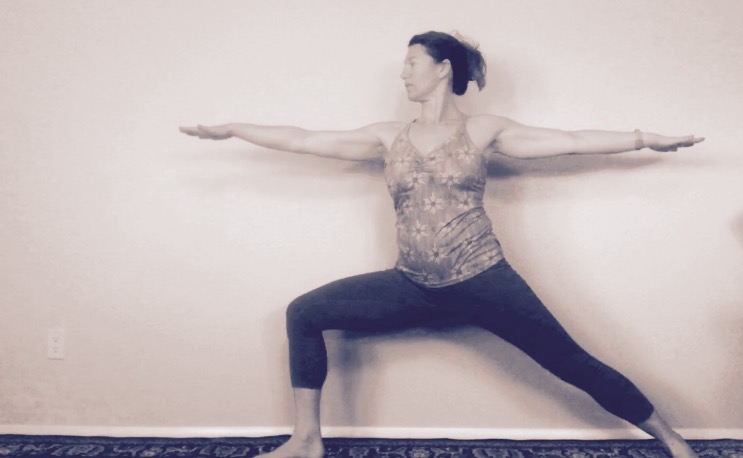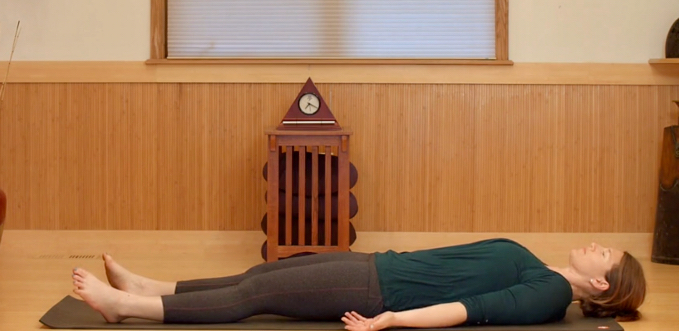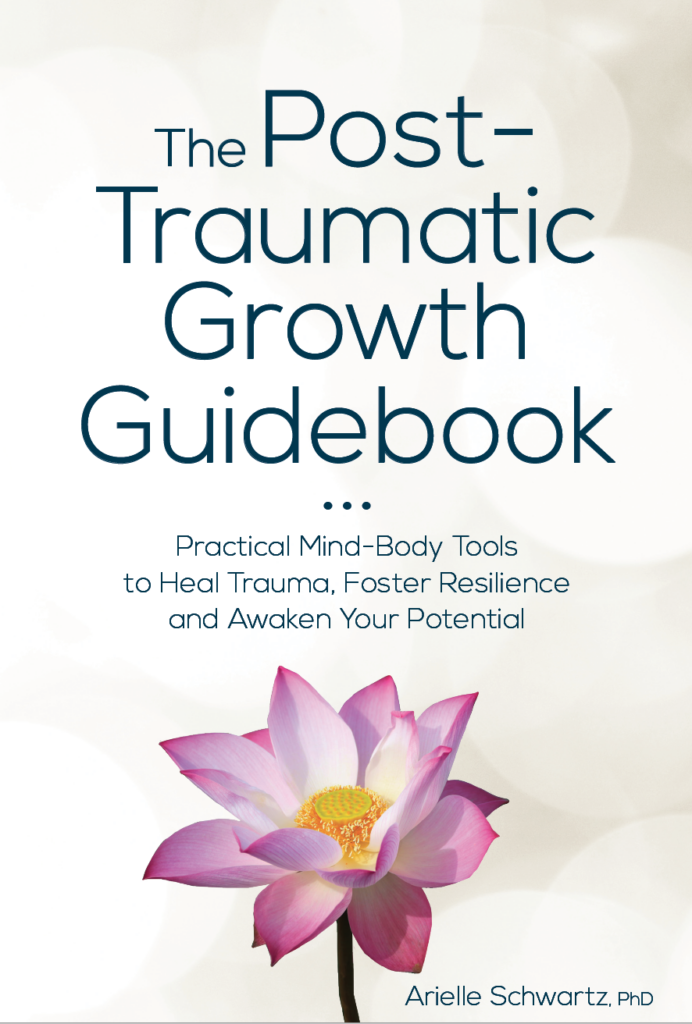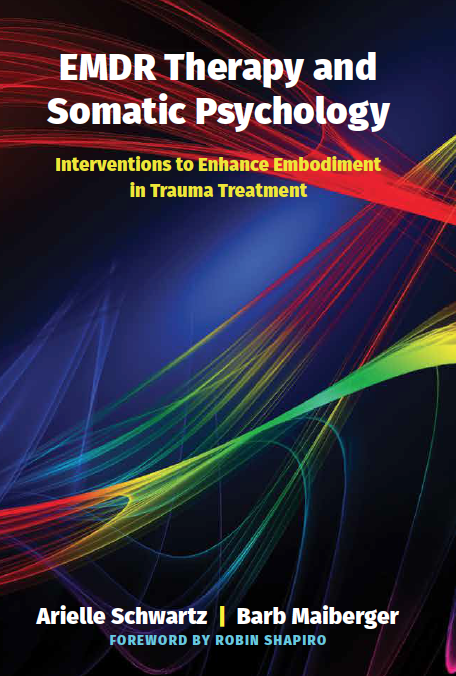
Resilience is defined as an ability to flexibly adapt to challenging, adverse, or traumatic life events. This ability to “bounce back” from traumatic events is deeply connected to having the opportunity to work through difficult life experiences. Importantly, resilience is not just a mindset or a set of behaviors. The human body is equipped with an innate physiological resilience system. This is your autonomic nervous system—the part of your nervous system which helps adapt, respond to stress, and return to homeostasis. Moreover, your parasympathetic nervous system holds keys to your health.
Your autonomic nervous system is built around the balance of two opposing actions and can function without you having to think about it consciously. The sympathetic nervous system is associated with the fight or flight response that is the result of the release of cortisol (stress chemicals) throughout the bloodstream. The parasympathetic is associated with relaxation, digestion, and regeneration. For example, your breathing, heart rate, and body temperature are regulated by this system. Ideally, your sympathetic and parasympathetic actions are meant to function in rhythmic alternation, a process that supports healthy rhythms of alertness and restfulness that facilitate physical and mental health. Unfortunately, chronic stress and unresolved trauma interfere with the balance between sympathetic and parasympathetic functions.
Individuals with unresolved PTSD can also resort to a primitive and unbalanced expression of the parasympathetic nervous system. Dr. Stephen Porges (2011) has identified that the parasympathetic nervous system has two presentations that depend upon whether you feel safe or feel threatened. This is due to the complexity of the vagus nerve (Read more here). In times of safety, the parasympathetic nervous system facilitates rest, relaxation, and digestion. However; in times of threat, the parasympathetic nervous system has a defensive mode which can lead to symptoms of fatigue, dizziness, or depression. This is especially the case when there was no way to escape traumatic situation.
“The use of mind-body therapies can help you reclaim a sense of safety in the here and now. You can learn tools to help you access the nourishing benefits of your parasympathetic nervous system. These restorative practices can help you improve digestion, increase immune system functioning, enhance thyroid health, and improve symptoms of depression.”
–Dr. Arielle Schwartz

Chronic stress and unresolved PTSD can disrupt your physical, health. Ongoing stress is associated with chronic activation of the sympathetic nervous system which can lead to high blood pressure, blood sugar imbalances, increased cravings for salty or sugary snacks, obesity, sluggish digestion, and a suppressed immune system (Scaer, 2005).
In contrast, the health repercussions of chronic unresolved PTSD can lead to long periods of time in which the defensive state of your parasympathetic nervous system is dominant. This imbalance is associated with digestive disturbances such as gastric reflux or irritable bowel syndrome, chronic pain conditions such as migraine headaches or fibromyalgia, and the development of auto-immune disorders (Scaer, 2005).

Within the practice of yoga, there is an emphasis on finding a balance between effort and ease. There will be times when you want to focus on strengthening your body through engagement with active poses. For example, you might feel your strength in a warrior pose as you allow your breath to rise up to support this shape.
However, integration of an effortful yoga practice happens when you allow yourself to rest. This can be accomplished within Shavasana as a final relaxation or during a practice of Yoga Nidra which is translated as yogic sleep. Now, you have an opportunity to receive the benefits of your hard work. Bringing relaxation or restorative practices into your life can help you to slow down and calm your nervous system. They provide an antidote to our stressful, modern lifestyle and offer an opportunity to restore your body and mind by accessing the nourishing aspect of your parasympathetic nervous system.
Recognizing your need to rest can ultimately enhance your capacity for growth.

Finding a healthy relationship to rest requires that you differentiate a healthy relaxation response from a defensive parasympathetic response in which you feel collapsed or immobilized into helplessness. This is accomplished by sensing your external environment to help you recognize that you are safe here and now. Once you recognize that you are safe, you can practice learning to relax your vigilance and soften into stillness. In this case, you can experiment with seated meditation, guided relaxation practices, or yoga nidra which is a guided yogic sleep practice.
Restorative practices invite you to descend into a quiet space. The space of no thoughts, no actions, no productivity. This involves sensing the heaviness in your body. You have an opportunity to simply be.
However, you might notice that you resist the call to go inside and rest. You might fear that if you slow down you will get stuck in stagnancy or that you will miss an opportunity. Or, you might have gotten messages that you’re lazy if you’re not working hard or being productive. In this case, it is important to reclaim your relationship to resting by redefining this as a healthy rhythm—one that will ultimately allow you to be more productive when the time is right.

Restorative practices and relaxation can help you reclaim your health by replenishing your endocrine system. Your endocrine system contains the glands located throughout your body such as your hypothalamus, pituitary, adrenals, pineal, thyroid, thymus, adrenals, pancreas, and reproductive glands. This system is responsible for your stress response, sleep cycle, metabolism, appetite, digestion, and hormone balance.
Imbalances in your endocrine system can contribute to insomnia, PMS, low libido, fatigue, blood sugar imbalances, anxiety, and depression. Restorative practices are invaluable for helping you balance your endocrine system. For example, they reduce cortisol, improve symptoms of depression, improve immune system functioning, improve thyroid functioning, and nourish your digestive organs (Trakroo and Bhavanani, 2016). As a result, you are better able to take in the nutrients in your food and successfully release wastes or toxins from your body.

Throughout your day and week, see if you can honor when it is time for you to rest. Perhaps, it will help to think of rest as a pull toward your center; an opportunity to connect deep into the core of your being. Perhaps, this even offers you a chance to connect spiritually to yourself. See if you can trust that when the time is right, you will emerge stronger.
Take some time to prepare for the following relaxation practice. You will need a quiet, uninterrupted space. If possible, dim the lights to support your awareness to draw inward. Now, set up a space where you can find a relaxing position lying on your back next to a wall. Perhaps you place a yoga mat or a blanket underneath you. You might place another folded blanket or bolster underneath your hips. Adjust your position until you feel supported. Once you have positioned yourself comfortably, begin to scan your body with your awareness. Make space for whatever feeling arise, including any areas of tension or constriction. Take a deep inhalation and imagine letting go of this tension on your exhale. Feel the heaviness of your body. Invite yourself to surrender into this deep relaxation.
References:

Within The Post Traumatic Growth Guidebook, you will find an invitation to see yourself as the hero or heroine of your own life journey. A hero’s journey involves walking into the darkness on a quest for wholeness. This interactive format calls for journaling and self-reflection, with practices that guide you beyond the pain of your past and help you discover a sense of meaning and purpose in your life. Successful navigation of a hero’s journey provides opportunities to discover that you are more powerful than you had previously realized. Click here to order the book on Amazon.

In The Complex PTSD Workbook, you’ll learn all about Complex PTSD Recovery and gain valuable insight into the types of symptoms associated with unresolved childhood trauma, while applying a strength-based perspective to integrate positive beliefs and behaviors. This is a great add-on with the Post Traumatic Growth Guidebook…Click here to order.

Connect to this post? The EMDR Therapy and Somatic Psychology book, is available on Amazon! Click here to check it out and increase your toolbox for healing. An integrative and effective approach to healing from trauma.

Dr. Arielle Schwartz is a licensed clinical psychologist, wife, and mother in Boulder, CO. She offers trainings for therapists, maintains a private practice, and has passions for the outdoors, yoga, and writing. Dr. Schwartz is the author of The Complex PTSD Workbook: A Mind-Body Approach to Regaining Emotional Control and Becoming Whole (Althea press, 2016) and co-author of EMDR Therapy and Somatic Psychology: Interventions to Enhance Embodiment in Trauma Treatment (Norton, 2018). She is the developer of Resilience-Informed Therapy which applies research on trauma recovery to form a strength-based, trauma treatment model that includes Eye Movement Desensitization and Reprocessing (EMDR), somatic (body-centered) psychology and time-tested relational psychotherapy. Like Dr. Arielle Schwartz on Facebook,follow her on Linkedin and sign up for email updates to stay up to date with all her posts.

Arielle Schwartz, PhD, is a psychologist, internationally sought-out teacher, yoga instructor, and leading voice in the healing of PTSD and complex trauma. She is the author of five books, including The Complex PTSD Workbook, EMDR Therapy and Somatic Psychology, and The Post Traumatic Growth Guidebook.
Dr. Schwartz is an accomplished teacher who guides therapists in the application of EMDR, somatic psychology, parts work therapy, and mindfulness-based interventions for the treatment of trauma and complex PTSD. She guides you through a personal journey of healing in her Sounds True audio program, Trauma Recovery.
She has a depth of understanding, passion, kindness, compassion, joy, and a succinct way of speaking about very complex topics. She is the founder of the Center for Resilience Informed Therapy in Boulder, Colorado where she maintains a private practice providing psychotherapy, supervision, and consultation. Dr. Schwartz believes that that the journey of trauma recovery is an awakening of the spiritual heart.